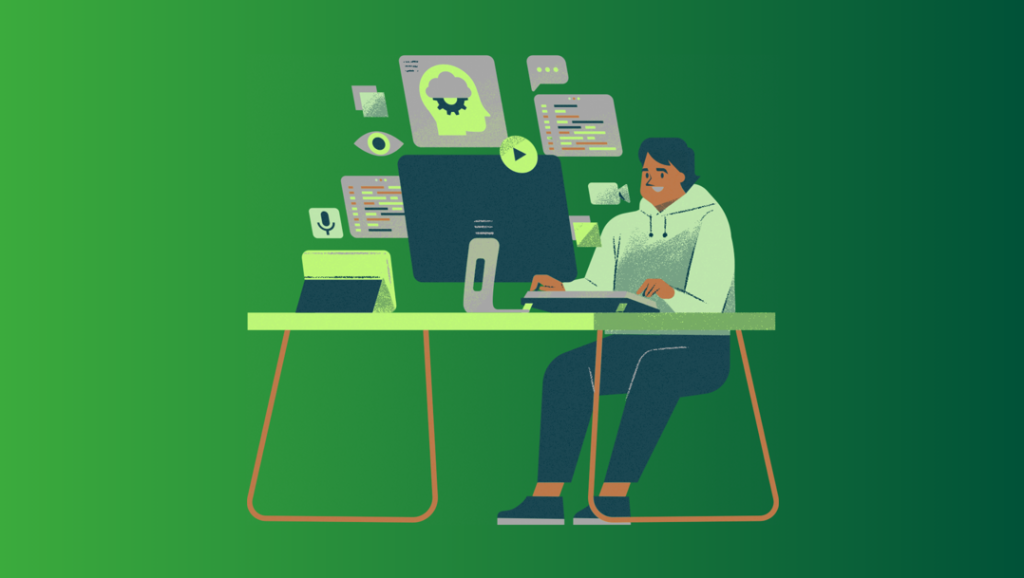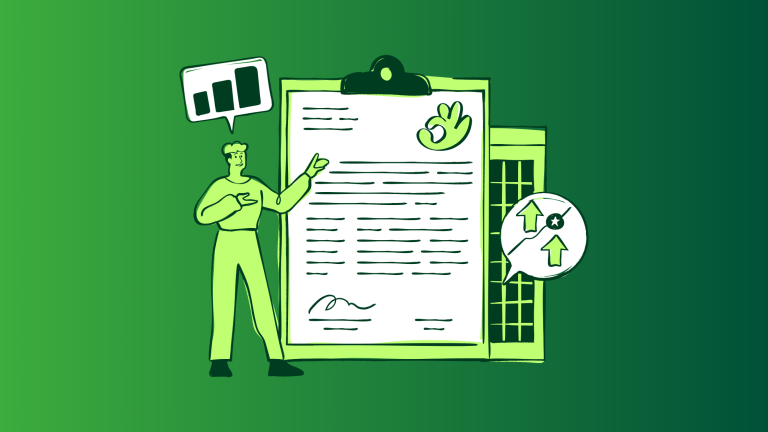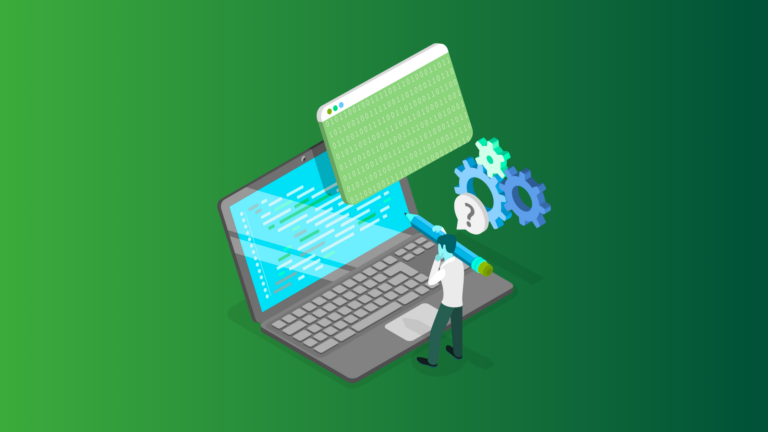Workplace learning is evolving quickly in 2026. Companies are dealing with new technologies, changing job roles, and ongoing compliance demands. In this environment, a single training path for everyone no longer works. Personalized learning has become essential because it gives employees exactly what they need to grow, stay engaged, and perform at their best.
When learning matches an employee’s role, skills, and goals, the impact is immediate. Teams learn faster, apply training more confidently, and stay motivated throughout their development journey.
Why Personalized Learning Matters
Personalized learning helps employees learn in a way that feels relevant and achievable. This creates better outcomes for both the learner and the organization.
1. Higher motivation and engagement
Employees stay motivated when content matches their learning style and real work. Personalized paths help skip topics they already know and focus on what truly matters. This results in faster onboarding and higher completion rates.
2. Faster and stronger skill development
Training that reflects job responsibilities and skill gaps helps employees apply new knowledge immediately. Organizations see higher engagement and fewer skill mismatches. Research shows that personalized learning can reduce attrition by up to 25 percent.
3. Better retention and loyalty
When employees feel supported through customized growth paths, they are more likely to stay with the company. Personalized development creates a sense of value and belonging, especially for teams dealing with rapid change.
4. Alignment with business goals
Whether the goal is AI readiness, compliance, leadership development, or customer experience, personalized learning helps employees build the exact skills needed to support strategic priorities.
How to Bring Personalized Learning to Life with an LMS
An LMS is the backbone of personalized learning because it organizes training, tracks progress, and delivers content automatically to the right learners.
Use data to create learning paths
AI-driven analytics help identify skill gaps, learning patterns, and performance issues. Based on this data, you can assign personalized learning paths shaped around each employee’s needs.
Create modular content
Break training into small, flexible modules. This allows learners to progress at their own pace and lets organizations adjust content for different roles or departments.
Automate personalization
Role-based groups, segmentation tools, and rule-based triggers allow the LMS to assign the right training at the right time. This helps personalize learning at scale without manual work.
Integrate with HR and ERP systems
Connecting your LMS to HRMS or ERP platforms keeps employee data updated. This makes personalized training more accurate and allows you to align learning paths with job changes, promotions, or compliance needs.
Keep learners engaged
Gamification, leaderboards, and mobile-friendly access encourage continuous learning. Notifications and reminders help maintain momentum and ensure timely completion.
Conclusion: Personalization Is the Future of Workplace Learning, and Acadle Makes It Easy
Personalized learning is no longer a nice-to-have. It is a priority for organizations that want to stay agile, retain talent, and build high-performing teams in 2026. With Acadle, you can create personalized learning paths, automate assignments, use powerful analytics, and deliver content that feels relevant and actionable for every employee.
Acadle gives you the structure, tools, and insights you need to build a modern learning culture.



